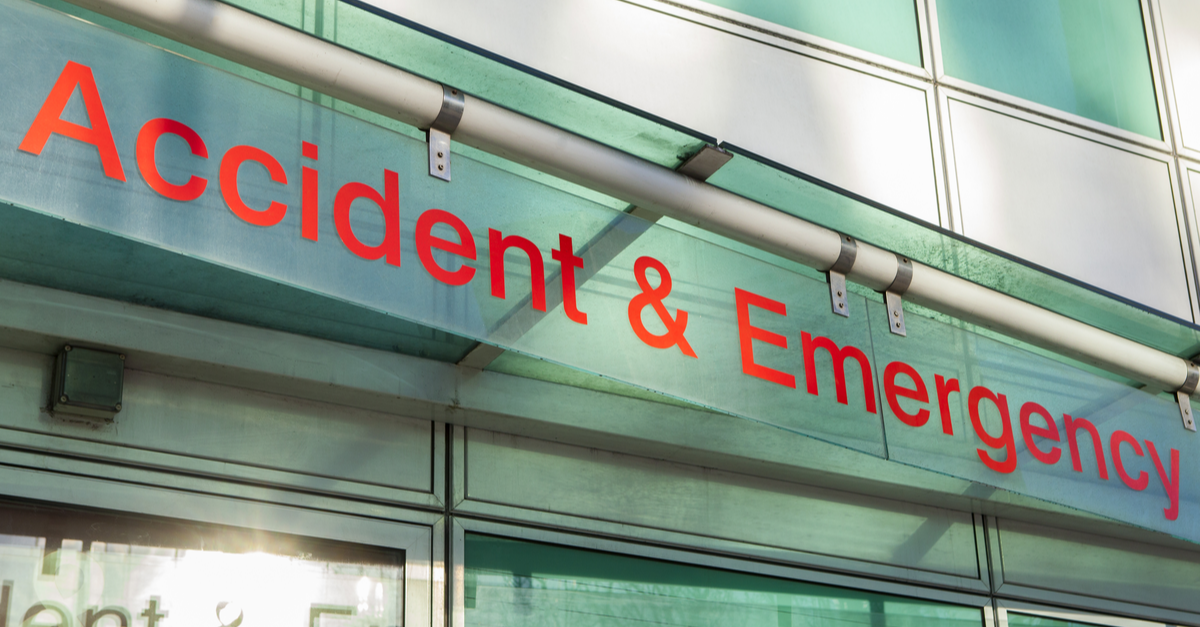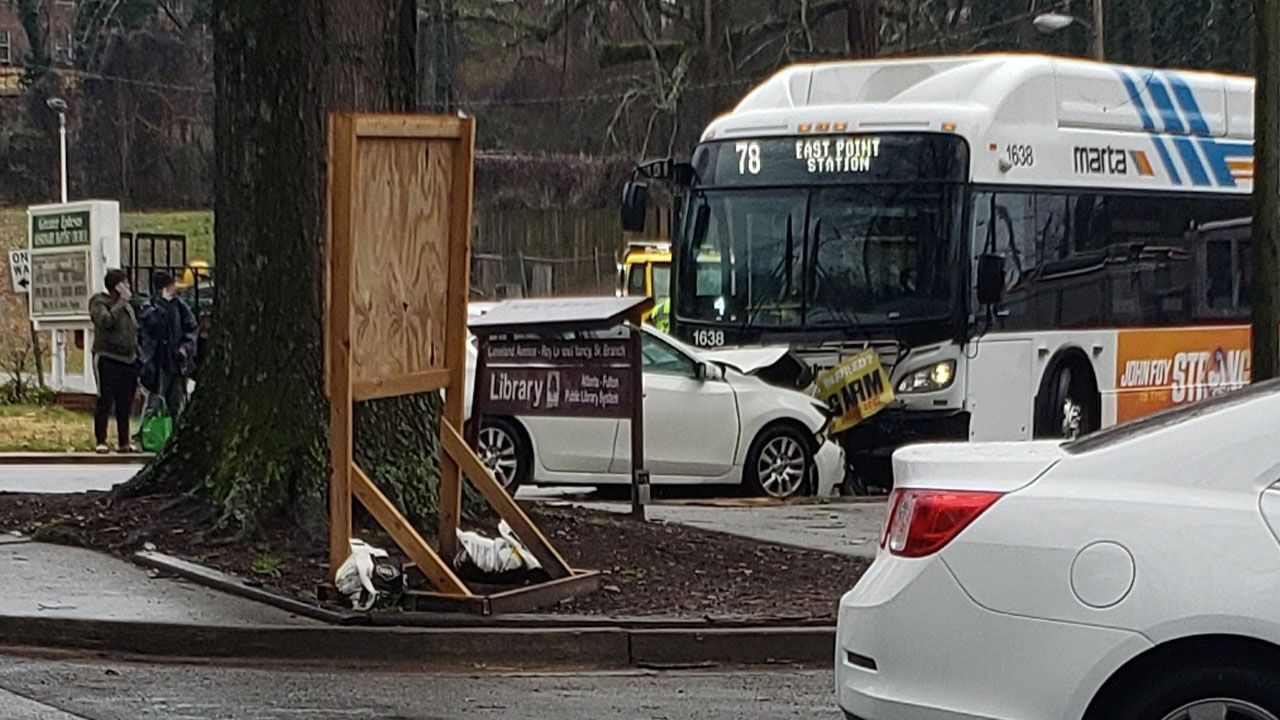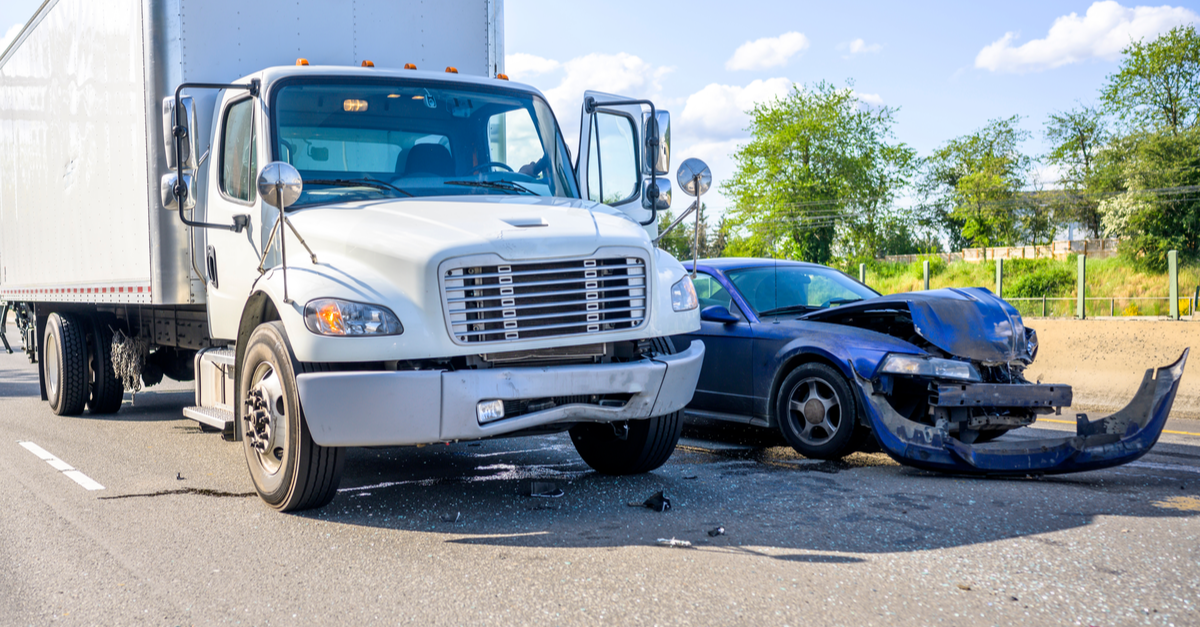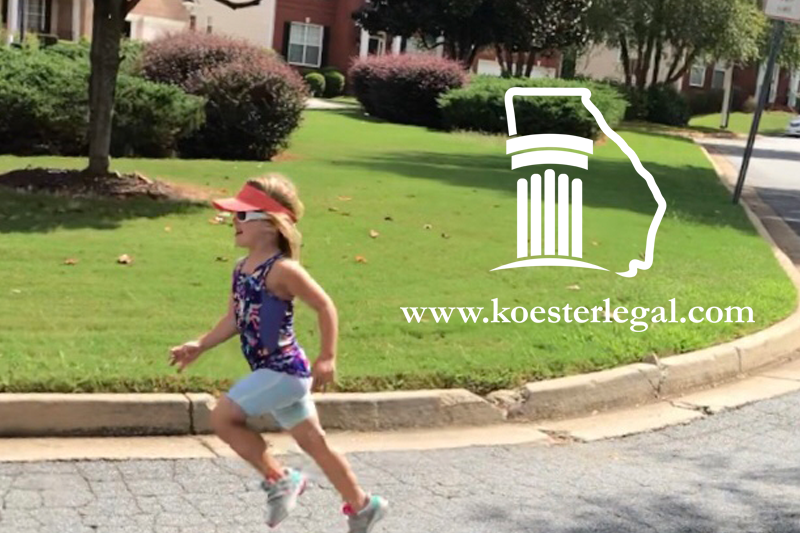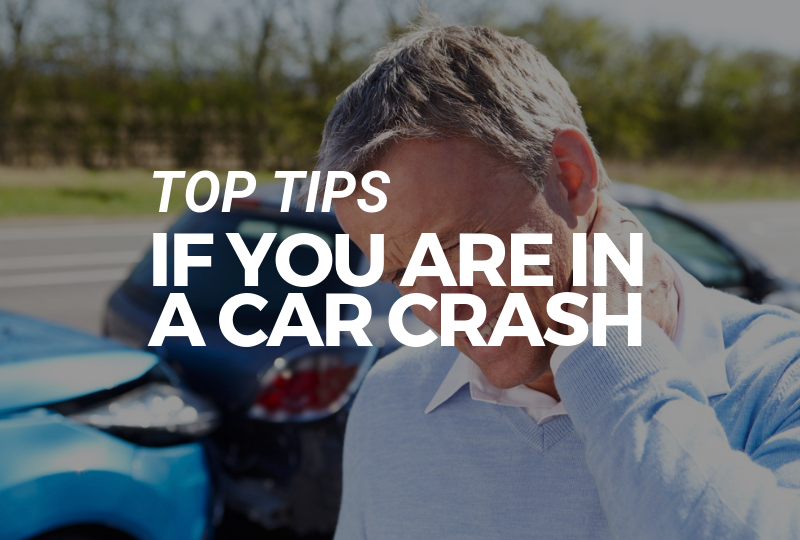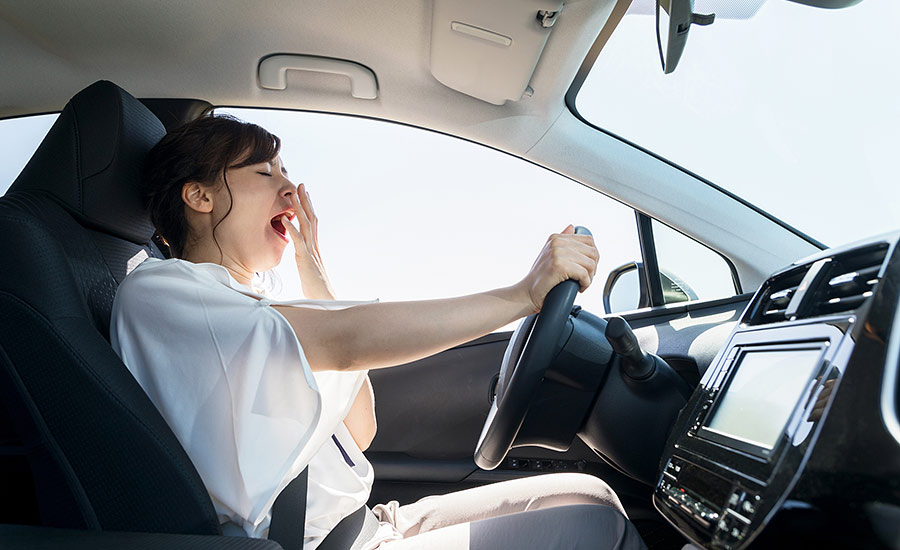[vc_row fullwidth=”true” css=”.vc_custom_1488988860505{background-image: url(https://www.koesterlegal.com/wp-content/uploads/2015/03/sex-crimes-lawyer-woodstock-ga.jpg?id=6471) !important;}”][vc_column][mk_padding_divider size=”70″][mk_fancy_title tag_name=”h1″ color=”#ffffff” size=”20″ force_font_size=”true” size_smallscreen=”16″ size_tablet=”16″ size_phone=”16″ font_weight=”bold” margin_bottom=”0″ font_family=”Libre+Baskerville” font_type=”google” align=”center”]The Importance of Seeing a Doctor Immediately After an Accident [/mk_fancy_title][mk_padding_divider size=”60″][/vc_column][/vc_row][mk_page_section][vc_column width=”2/3″][mk_padding_divider size=”60″][vc_raw_html]JTVCd3BzZW9fYnJlYWRjcnVtYiU1RA==[/vc_raw_html][vc_single_image image=”7030″ img_size=”full” alignment=”center”][vc_column_text css=”.vc_custom_1661274355972{margin-bottom: 0px !important;}”]In the immediate aftermath of an auto accident, it can prove difficult to know just how badly you got hurt. Sometimes, you may think that you came out just fine. You have no obvious signs of injury, and no more than usual pain. Surely you can save yourself a trip to the emergency room, right?
Unfortunately, that line of thinking can lead to severe complications following any type of accident. Auto accidents are terrifying, and the mental effects of being involved in an accident may make it difficult to recognize when you have sustained injury.
The Role of Adrenaline After an Accident
Many accidents result in an influx of adrenaline and other hormones throughout your body. In the immediate aftermath of an auto accident, you may feel shaky and unsteady, or brash and over-confident, depending on your usual response to adrenaline. Those hormones, however, also serve one dangerous function: they help suppress pain.
In the immediate aftermath of extreme trauma, this lack of pain can prove vital to your body’s survival. Failing to feel the pain of serious injuries can make it possible for you to get the help you need before the pain sets in with a vengeance.
Unfortunately, it also means that you may miss even serious injuries in the immediate aftermath of an accident. Slip and fall victims, for example, may stand up and walk away, only to realize later that they suffered severe back or neck injuries that should have received prompt medical attention. Worse, their symptoms may worsen over the following days, especially if they continue to ignore the need for medical attention.
Car accident victims may leave the scene of a car accident with traumatic brain injury, but fail to realize its severity. You may have broken bones concealed by the adrenaline coursing through your body. You may have suffered severe internal damage, including internal bruising or bleeding, but not realize the severity of your injuries until much later. The most effective means of diagnosing these injuries is visiting a doctor before more serious symptoms show up.
Going to the Doctor Ensures Prompt Treatment and Evaluation
Going to the doctor to treat your injuries helps ensure that you will receive prompt, full evaluation of all your injuries and provides you with much-needed treatment. A doctor can ensure that you get the emergency surgery you need, that broken bones get set promptly, or that you have the right care instructions to help you get better quickly.
Failure to visit the doctor, on the other hand, could also mean failure to treat those injuries. As a result, you could lengthen your recovery or worsen the severity of your injuries, which could cause you unnecessary suffering. Many people walk around with severe injuries because they chose not to seek treatment, increasing the pain they face because they chose not to see a doctor.
A Doctor’s Report Provides Vital Evidence for a Personal Injury Claim
Following many types of severe injuries in an accident, you may need to file a personal injury claim to seek compensation for financial losses related to the accident. Suppose, for example, that you suffered injuries in a car accident. As part of your accident claim, you may need to seek compensation for medical expenses and lost wages related to your injuries. Car insurance policies contain separate sections for property damage and bodily injury protection, which means that you can expect some compensation for financial losses related directly to your injuries.
The insurance company, however, may try to fight your claim–and failing to promptly seek medical treatment can make it more difficult for you to provide the evidence you need.
Suppose, for example, that you suffered traumatic brain injury during the accident, but did not go to the emergency room or urgent care immediately. Days later, you realized that the brain fog had not lifted and that you struggled to complete normal tasks or bring forward critical memories. You ended up missing months at work while recovering, in addition to suffering serious medical expenses.
Unfortunately, since you did not go to the doctor for several days after the accident, you may not have evidence that directly links your injuries to the accident. The insurance company may try to argue that you may have suffered those injuries at another time, which would mean that the company is not liable for paying for any of your expenses.
You May Inadvertently Worsen Your Injuries If You Do Not Visit the Doctor
In many cases, accident victims who do not recognize the severity of their injuries inadvertently make them worse by failing to treat them immediately after the accident. Walking on a broken bone, for example, could cause you to worsen the break, turning it from a minor break that would heal with casting and rest to a severe injury that might require surgery to treat properly. Failure to treat internal bleeding could lead to severe injury and, in some cases, even death.
Not only does worsening your injuries mean more pain and a longer recovery, it could mean that you cannot receive compensation for the additional trauma you faced. If the insurance company that covers the liable party can prove that your actions made your injuries worse, you may not receive any compensation for that percentage of your injuries.
Virtual Visits: One Option for Medical Treatment
In the case of severe injuries, you may need to visit the emergency room directly for treatment. Severe injuries may require direct, immediate intervention from a doctor: surgery, setting broken bones, or conducting scans and evaluations that can only be performed in a medical setting. In other cases, however, you may be able to use a virtual or telehealth visit to connect with a doctor and receive a basic evaluation of your injuries and information about how to treat them. Sometimes, a doctor can offer diagnostic information or advise you about your next steps without needing you to come in personally.
[/vc_column_text][/vc_column][vc_column width=”1/3″ css=”.vc_custom_1488984969615{background-color: #29639e !important;}”][mk_padding_divider size=”60″][mk_fancy_title color=”#ffffff” size=”24″ font_weight=”bold” font_family=”Roboto” font_type=”google” align=”center”]
GET LEGAL HELP NOW
[/mk_fancy_title][vc_column_text align=”center”]
FOR A FREE CONSULTATION CALL
770-744-5250
OR FILL OUT THE FORM BELOW.
[/vc_column_text][mk_contact_form style=”modern” skin=”light” button_text=”Free Case Evaluation” email=”[email protected]” phone=”true”][/vc_column][/mk_page_section]

